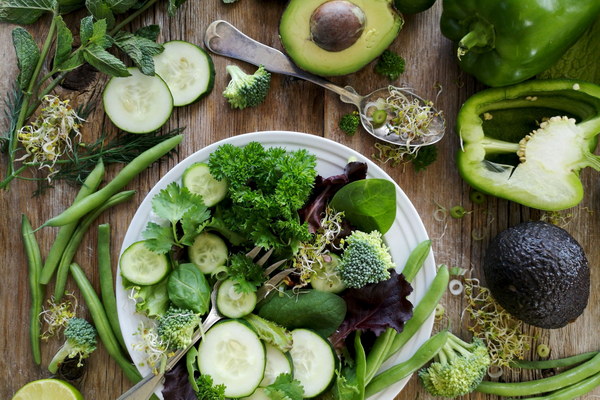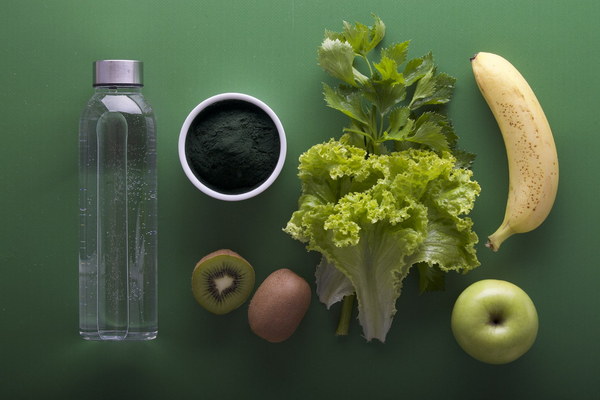Pepper and Sichuan Pepper A Gastronomic Duo for Digestive Health
In the realm of culinary herbs and spices, pepper and Sichuan pepper have long been revered for their distinctive flavors and health benefits. While both are well-known for adding a zing to dishes, they also have the potential to support digestive health. This article delves into the digestive benefits of both peppers, exploring how they can be integrated into your diet for a healthier gut.
Pepper, a staple in many cuisines around the world, is not only a flavorful spice but also a digestive aid. Originating from the Piper nigrum plant, black pepper is particularly known for its ability to stimulate the production of hydrochloric acid in the stomach. This acid plays a crucial role in breaking down food and absorbing nutrients effectively.
The active compound in pepper, piperine, is responsible for its digestive prowess. Piperine not only enhances the flavor of food but also boosts the bioavailability of other nutrients, ensuring that your body can extract the maximum benefit from your meals. Moreover, piperine has been shown to have anti-inflammatory properties, which can help alleviate symptoms of gastrointestinal disorders such as irritable bowel syndrome (IBS).
Moving on to Sichuan pepper, or Sichuan huajiao, this spice is a must-have in Chinese cuisine, particularly in Sichuan dishes. Unlike black pepper, which is derived from the fruit of the Piper nigrum plant, Sichuan pepper comes from the berries of the prickly ash tree. This spice is known for its numbing effect on the tongue and has a distinct aroma that lingers on the palate.
The primary active compound in Sichuan pepper is called hydroxy-alpha-sanshool, which is responsible for its unique flavor and potential digestive benefits. This compound is known to stimulate the production of saliva and bile, which aids in the digestion of fats. Furthermore, Sichuan pepper has been found to have analgesic properties, which can help alleviate pain associated with indigestion and bloating.
Integrating both peppers into your diet can offer a synergistic effect on your digestive health. Here are a few tips on how to incorporate them:
1. Add ground pepper to your morning smoothie or sprinkle it on avocado toast for a flavorful kick.

2. Use Sichuan pepper to season your stir-fries, soups, or even roasted vegetables.
3. Mix black pepper with a bit of salt and use it as a table condiment.
4. Create a homemade marinade by combining Sichuan pepper with soy sauce, garlic, and ginger.
While pepper and Sichuan pepper offer numerous digestive benefits, it is essential to consume them in moderation. Too much black pepper can lead to irritation of the digestive tract, while excessive consumption of Sichuan pepper may cause stomach discomfort.
In conclusion, pepper and Sichuan pepper are not only delightful additions to your culinary repertoire but also valuable allies in maintaining a healthy digestive system. By incorporating these spices into your diet, you can enjoy their unique flavors while promoting gut health and overall well-being.









